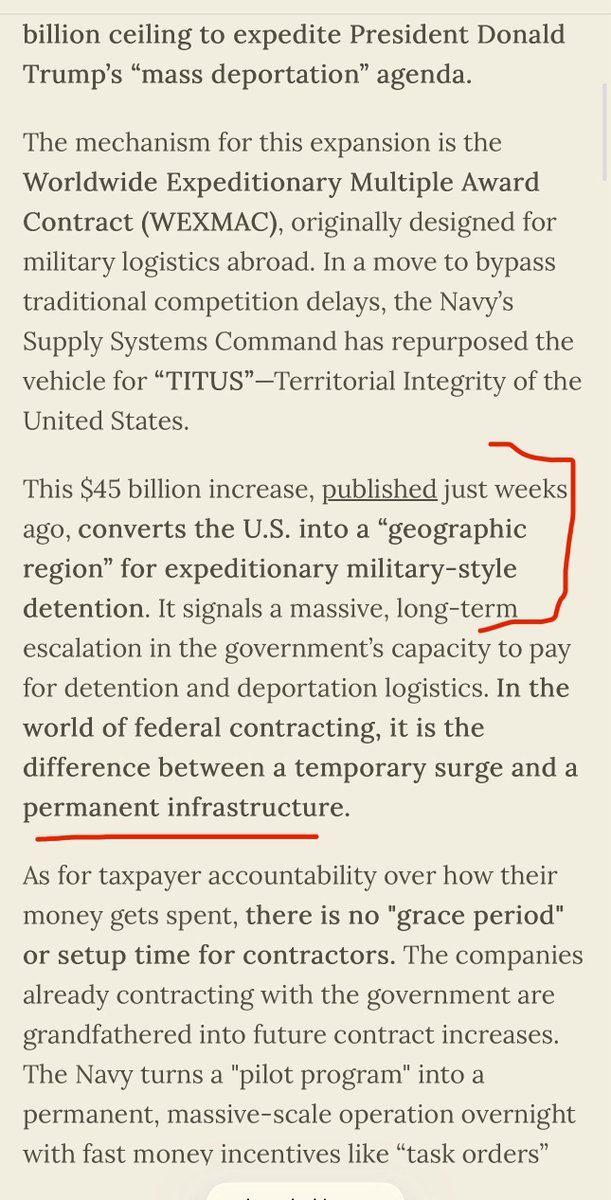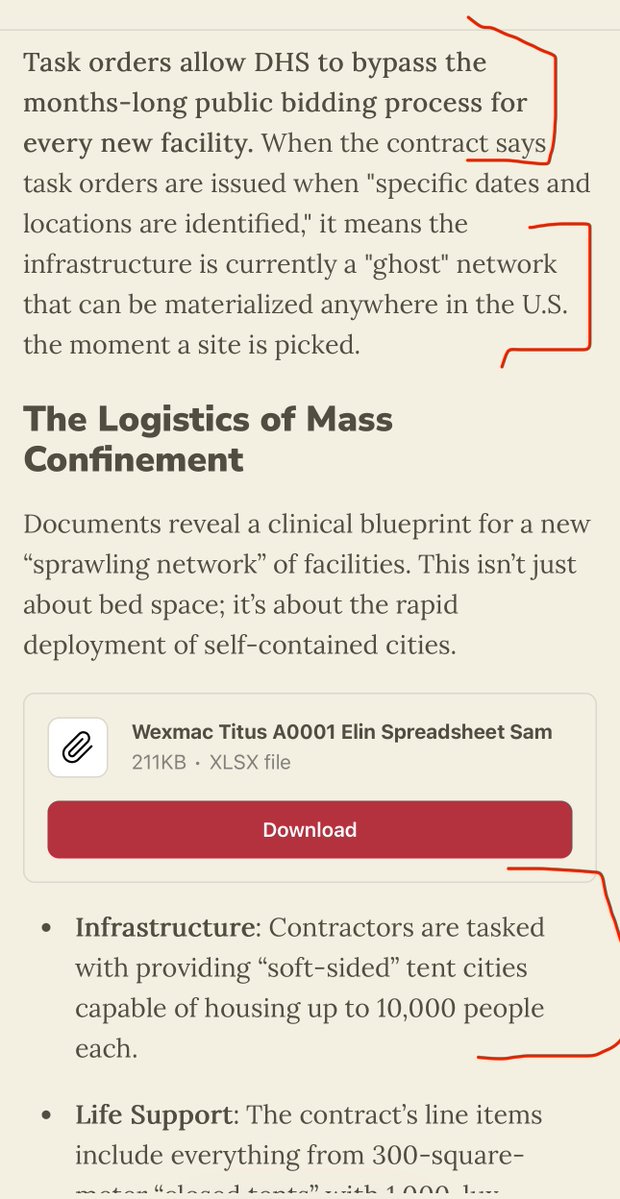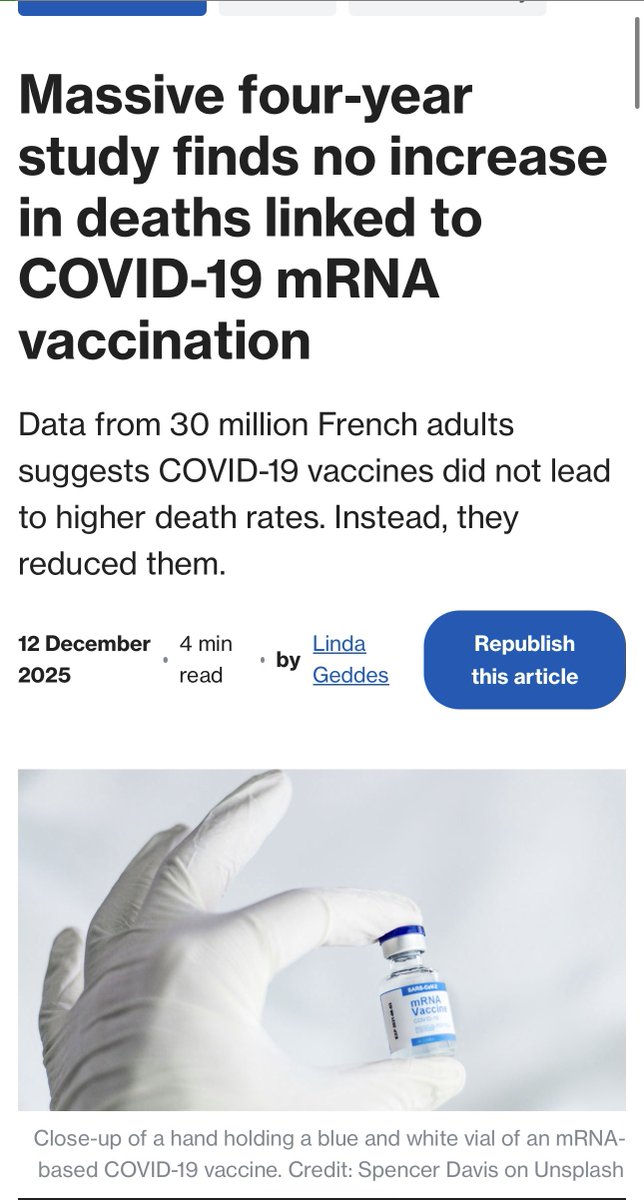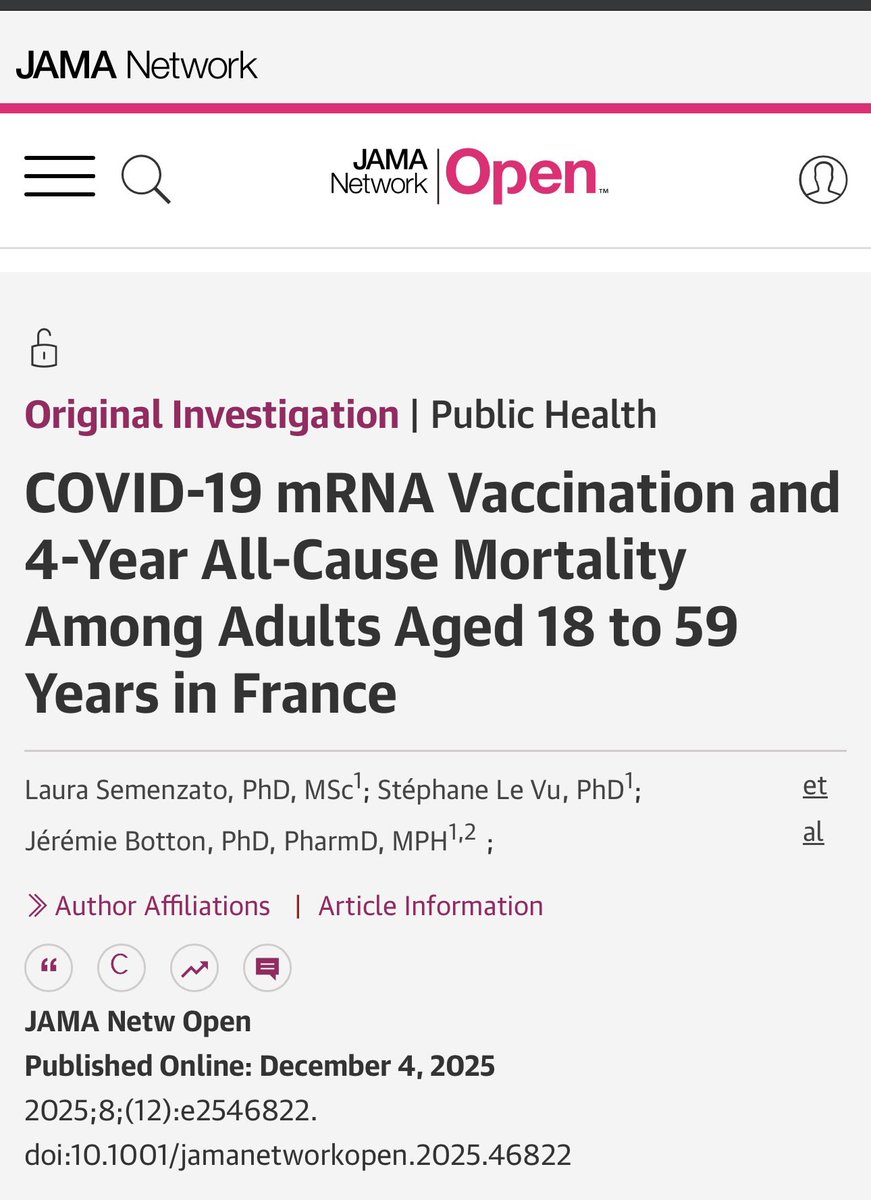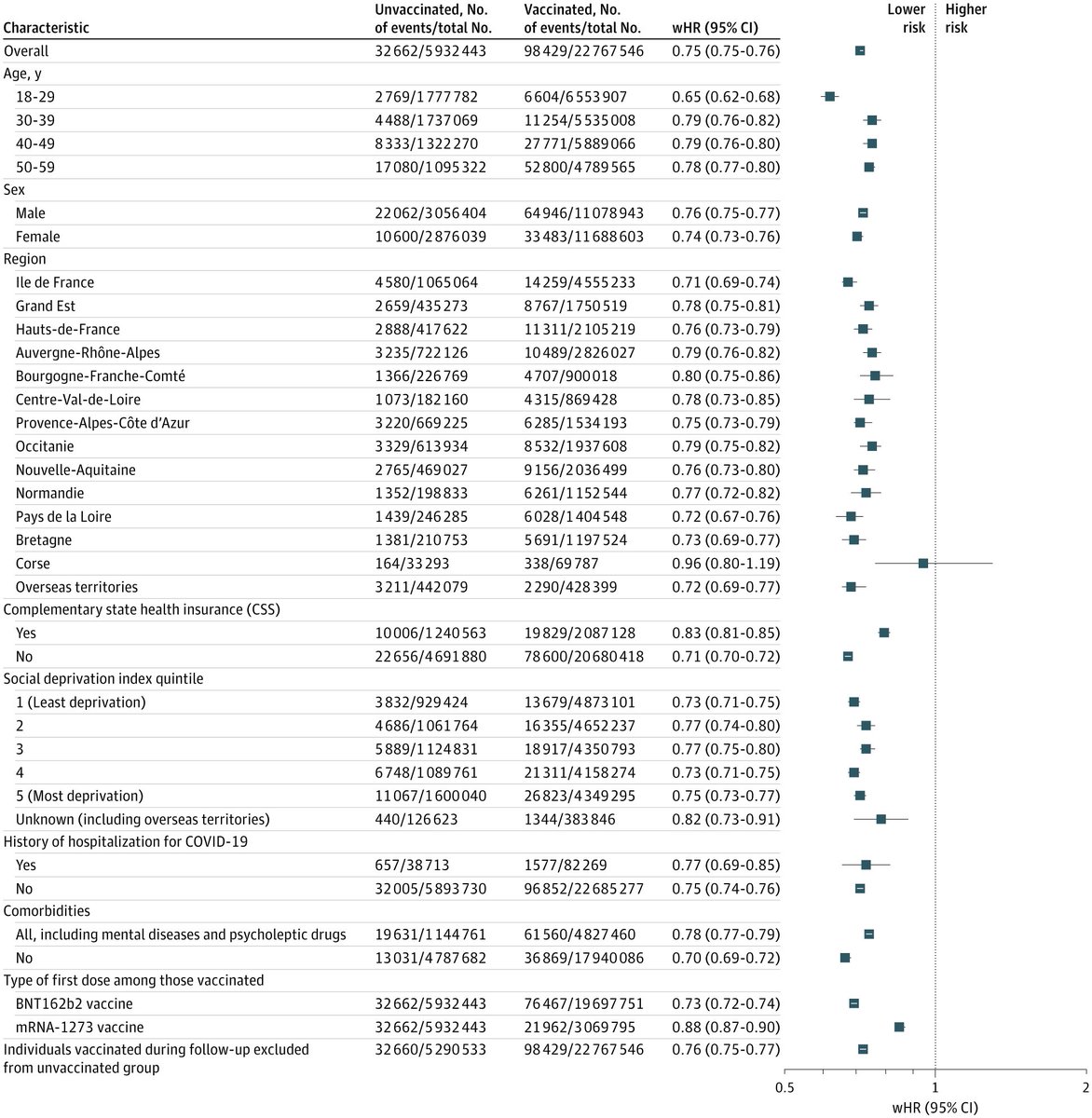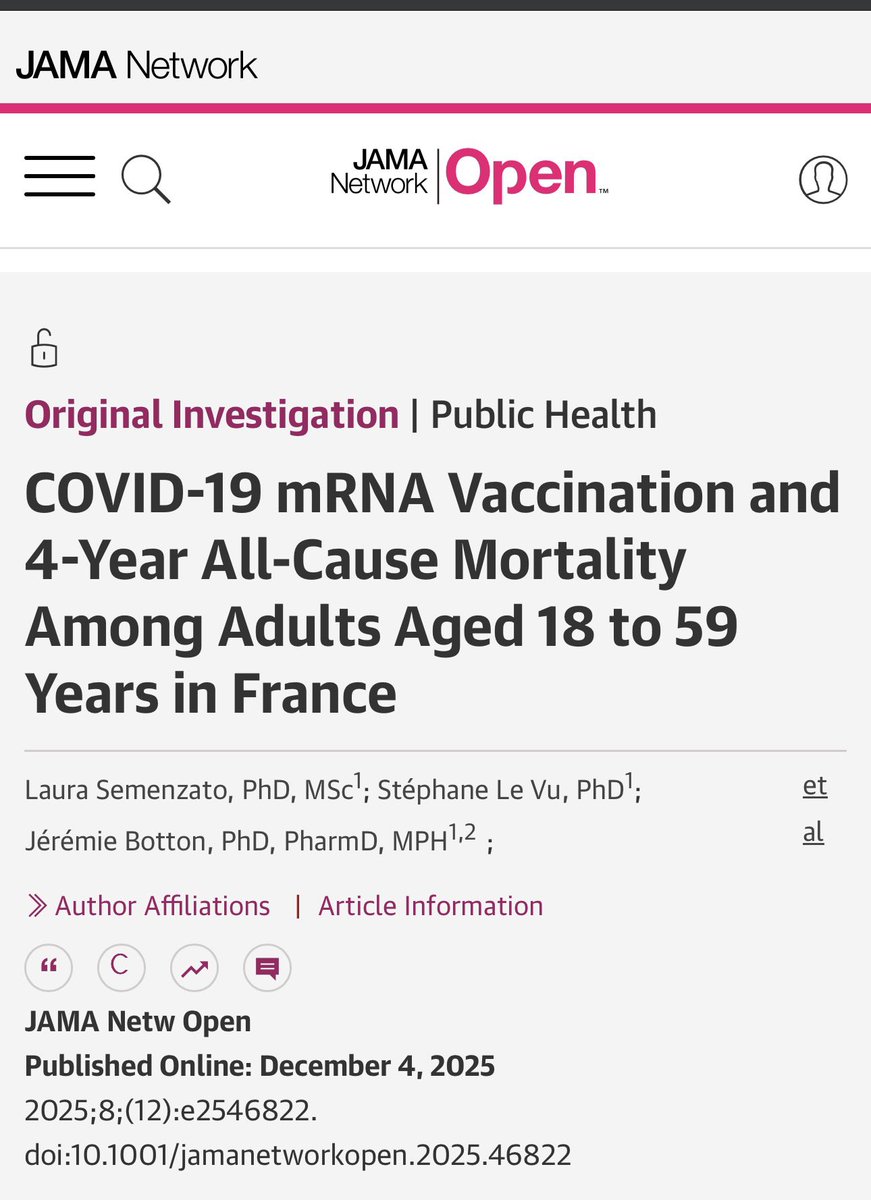MUCH SHORTER EXPOSURE— #B117 is so infectious—very short exposure can lead to #COVID19. Many infected via just a few minutes inside a store. 🇨🇦 local health dept has shortened the exposure time to as little as ***1 second if not wearing face masks**. 🧵
theglobeandmail.com/canada/article…
theglobeandmail.com/canada/article…

2) spokeswoman for Ontario Health Minister Christine Elliott said on Sunday that the government has provided interim guidance to the province’s public-health units for screening and tracing contacts of cases associated with COVID-19 variants of concern.
3) “This guidance does include a lower threshold for classifying contacts as high risk of exposure and requiring quarantine,”
4) Contact tracers in York Region are finding that some individuals who have tested positive for the highly contagious variant have been in a retail store for just a few minutes. ⚠️ 
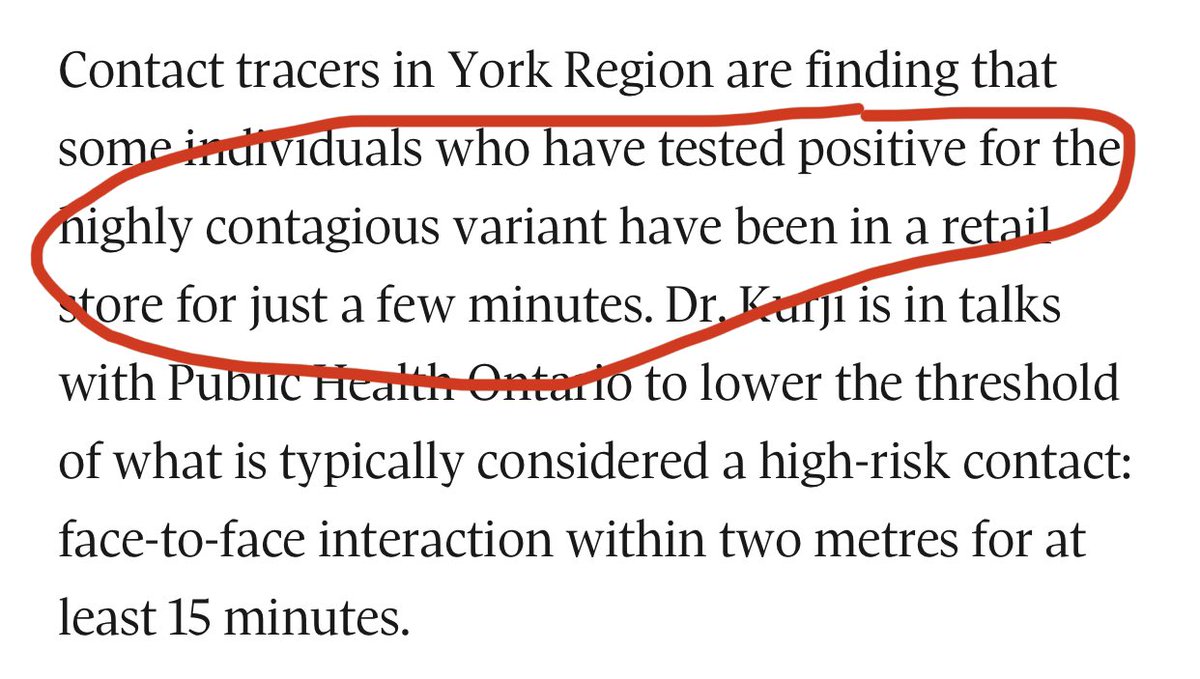
5) “Right now, we’re struggling to get to each person within 24 hours,” Dr. Lee told reporters on Friday. “I honestly believe that we are going to be continuing to be overwhelmed with more and more cases.”
6) Meanwhile in UK, #B117 has taken over the country’s cases. Literally. Just that more infectious than the old.
https://twitter.com/drericding/status/1356774348359630849
7) the virus is such a beast—suppose we have 1000 cases/day now... with an R=0.86 we could reduce it to 500/day in 2 weeks.
➡️But w/ added contagiousness of B117 variant that has ~60% higher R, in 2 weeks, we’d have 3000 new cases/day instead—3x baseline.
➡️6x vs old strain.
➡️But w/ added contagiousness of B117 variant that has ~60% higher R, in 2 weeks, we’d have 3000 new cases/day instead—3x baseline.
➡️6x vs old strain.

8) To beat B117 without the vaccine widely available, #ZeroCovid is the only way. And fast action.
https://twitter.com/drericding/status/1346899021621813249
9) Denmark is so freaked out by #B117 and other variants that they are now sequencing every single case in the country. That hardcore.
https://twitter.com/DrEricDing/status/1353297240610189315
10) I want to take a moment to contextualize — it’s not that we ever thought <15 minutes of contact within 6 feet was safe & 15:01 was not, but that we had to create an arbitrary gradient for reasonable definition for close contact for the original virus, to capture highest risk.
11) And it was to make contact tracing & quarantining manageable scale. But we have known for a while that the 6 feet (2 meter) rule is not very meaningful if there is aerosol transmission, especially indoors with poor ventilation. The coronavirus is very much airborne folks.
12) And thus, the 6 feet rule should have been taken out / guidelines updated long ago for indoor transmission and definition of close contacts. And that was to a degree a failure of leaders to acknowledge and act on that, in the name of managing contact tracing.
13) At this point, with more infectious #B117 variant, it is high time we recognize a new definition of close contact, depending on: masking, indoor/outdoor, time if indoors, ventilation indoors; distance outdoors—and then assign gradients on red, orange, yellow close contacts.
14) And then take precautions for each type of red/orange/yellow “close contacts”. Trace certain ones quicker, quarantine certain ones longer & more aggressively, tests certain ones more repeatedly, and require greater monitoring for the first degree “redder” contacts.
15) As for schools, we DEFINITELY need kids to mask if we reopen. Kids, even if less susceptible than adults, do transmit (@dgurdasani1 and I have entire long long 🧵s on this) and transmit more. And as an epidemiologist, I cannot endorse indoor cafeterias. Outdoor tents please.
16) Wedding dinner parties (god forbid) should avoid indoor events too. So crowded school cafeterias cannot be possibly safe — I have seen ZERO evidence or arguments how cafeterias can be safe without major overhaul. Why can’t we construct / assemble more outdoor tents meantime?
17) And yes, outdoor tents cost money, but they cannot be THAT much more to acquire—and cities/states/federal govt should fund them. If it means we can reopen schools — with outdoor (well ventilated) tents for lunch cafeteria— I’m sure there is a way if we can then open schools.
18) Like every parent with young kids can understand—getting kids back is school is of paramount importance. We can mitigate risk in classrooms with HEPA filters, masks, & maybe safe UV HVAC upgrades if we can afford—but SCHOOL CAFETERIAS we likely can’t without outdoor tents ⛺️!
19) And for those who say “just send kids to school for half days without cafeteria lunches or classroom lunches”—that’s not enough schooling for kids for just half day. I1st-12th graders cannot do half days like kindergarteners and get enough education. We need real solutions.
20) Thus, going forward—We should demand to see real solutions in school reopening plans to address LUNCHROOM SAFETY. Kids can’t mask while eating lunch, and you can’t do no-mask indoors. Either uber-ventilate/disinfect cafeterias or just MOVE LUNCHES OUTDOORS’
21) Another idea if we have school indoor cafeterias, is to either install upper air UV (used in many restaurants that circulates air to ceiling where UV lights are safely pointed), or bring a pair of huge air flow tubes to outside that ventilated the cafeteria at high speed.
22) I also like the idea of summer schools with outdoor learning. Also, more people vaccinated by summer too. But cafeteria / lunchroom dining safety still key.
23) When you watch the SuperBowl this weekend, remember the season was saved because the NFL knew the 15 minutes + 6 ft rule was wrong. The coronavirus gospel of ‘within six feet for more than 15 minutes’ wasn’t enough—and the NFL had the data to prove it.
wsj.com/articles/super…
wsj.com/articles/super…
• • •
Missing some Tweet in this thread? You can try to
force a refresh


